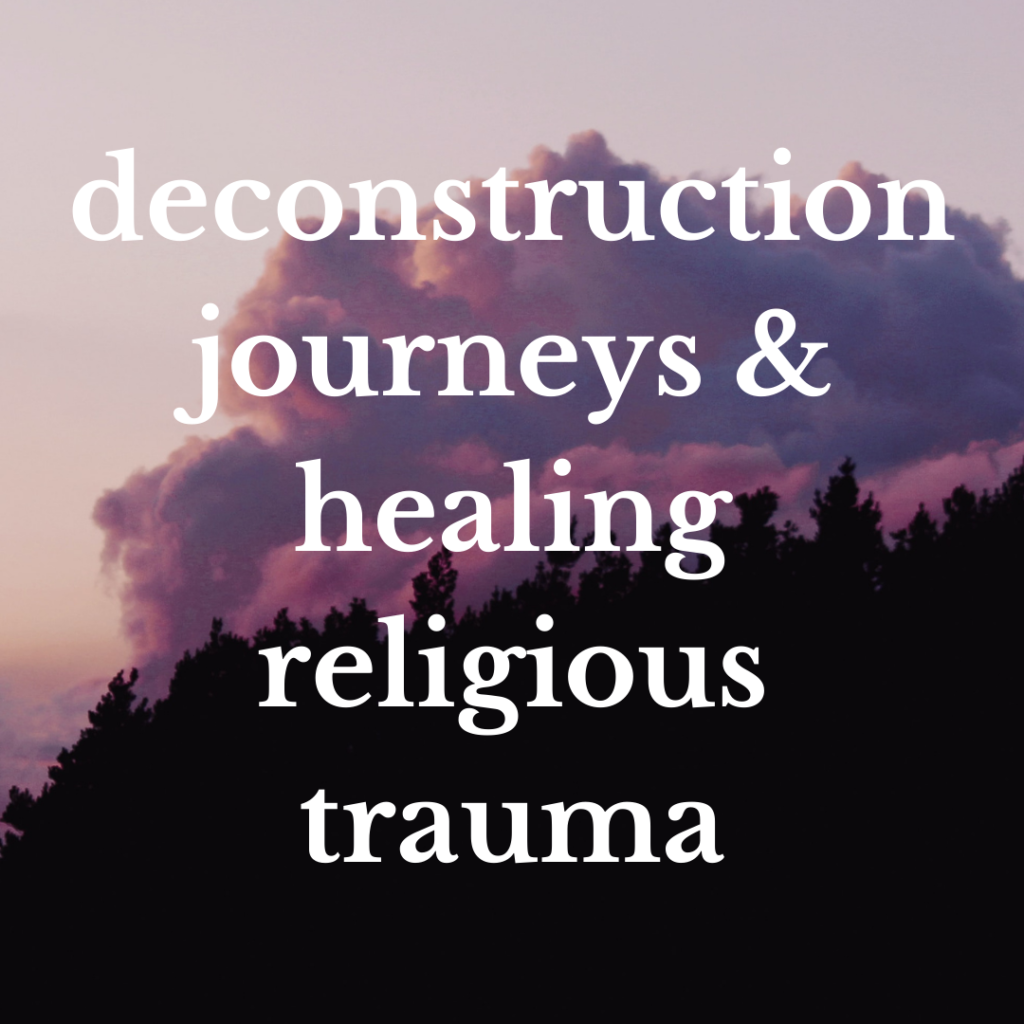
Deconstruction is the process of critically examining one’s beliefs and values. It can be a challenging and even painful process, but it can also be a liberating and empowering one.
In the context of religion, deconstruction often involves questioning the teachings of one’s faith tradition. It may also involve exploring other religious traditions or exploring non-religious worldviews.
There are many reasons why people deconstruct their religion. Some people may start to question their beliefs after experiencing trauma or hardship. Others may become disillusioned with the hypocrisy or corruption of religious institutions. Still others may simply be curious to explore other ways of thinking about the world.
No matter what the reason, deconstruction can be a difficult process. It can involve facing difficult truths about oneself and one’s faith tradition. It can also involve feeling isolated and alone.
However, deconstruction can also be a rewarding process. It can lead to a deeper understanding of oneself and one’s values. It can also lead to a more authentic and meaningful spiritual life.
If you are considering deconstructing your religion, there are a few things you can do to prepare. First, it is important to find a safe and supportive community of people who can understand what you are going through. There are many online and offline communities for people who are deconstructing their religion.
Second, it is important to be patient with yourself. Deconstruction is a process, and it takes time to come to new understandings. Don’t be afraid to ask questions and explore different ideas.
Finally, remember that you are not alone. There are many people who have gone through the process of deconstruction, and there are many resources available to help you along the way.
If you are interested in learning more about deconstruction, here are a few resources:
- The Sophia Society: https://www.sophiasociety.org/
- So You’re Deconstructing: https://www.soyouredeconstructing.com/
- Carey Nieuwhof’s blog: https://careynieuwhof.com/
I hope this blog post has given you some information about deconstruction. If you are considering deconstructing your religion, I encourage you to do your research and find a safe and supportive community to help you along the way.
The Contemplative Order of Compassion Sanctuary provides a safe space for marginalised individuals to explore deconstruction of their religion or faith tenets in a supportive, open and affirming environment.


